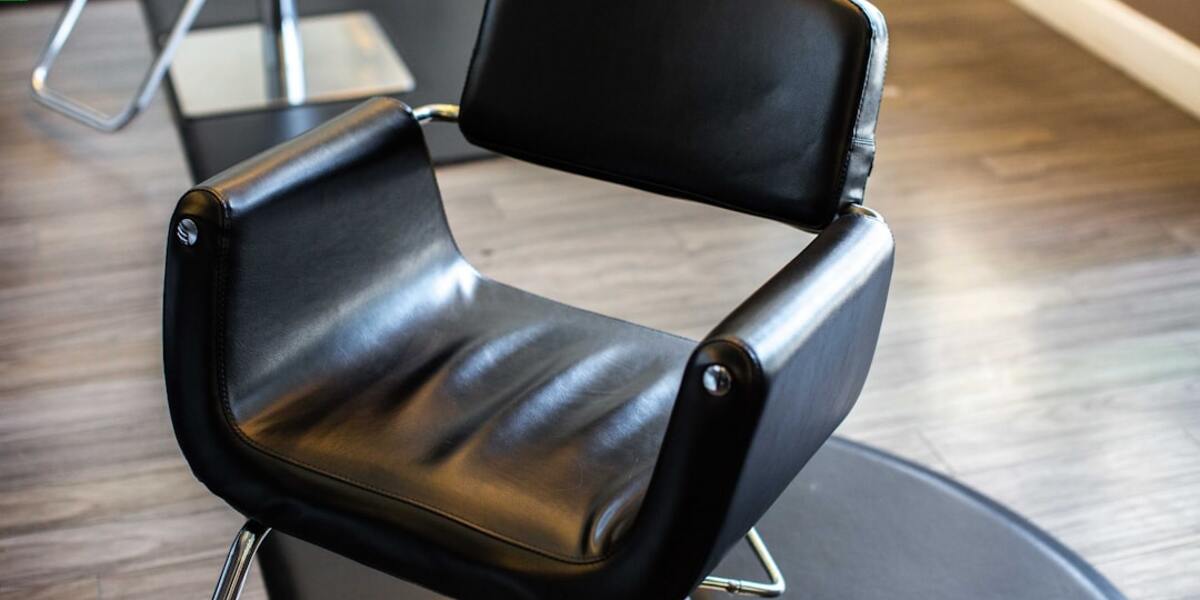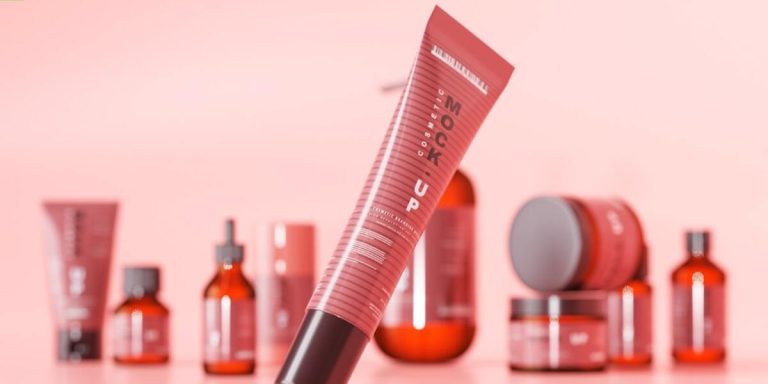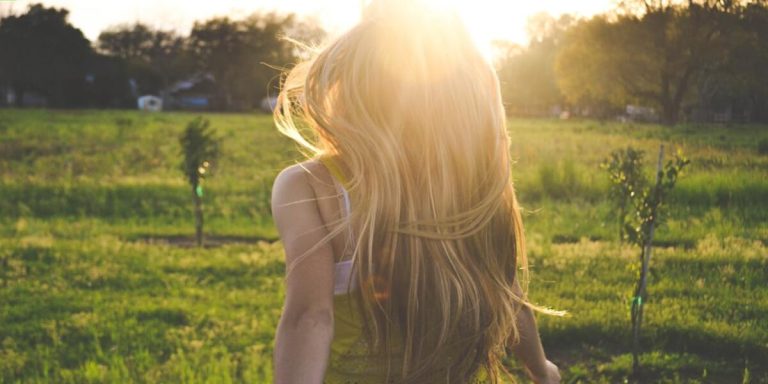Can Long Hair Cause Health Problems? Unraveling the Truth
Can long hair cause health problems?
Over the years, people have circulated a wide range of myths about the topic “Can long hair cause health problems?” Most have dismissed these as old wives’ tales, but some still grapple with doubts and concerns. Long locks come with responsibilities – maintaining cleanliness and warding off potential issues. But could those beautiful tresses you love be potentially harmful? Let’s take an in-depth look.
The article aims to uncover the truth about the health implications of having long hair. We will explore scientific studies and seek expert opinions to closely examine this issue, taking into account factors like personal hygiene management for long hair. We’re here to provide clarity with solid facts, not unfounded assumptions.
Did you know?
Contrary to popular belief, long hair itself doesn’t cause health problems. However, not maintaining proper hygiene and care for your lengthy locks can lead to conditions like scalp infections and might even harbor parasites like lice.
The Correlation Between Long Hair and Scalp Issues
Maintaining long hair is an arduous journey. It requires time, dedication, and insight to identify unexpected problems. A common concern for those with long locks is whether it can cause scalp issues or other health complications.
You might question how your preferred hairstyle could relate to health risks. Long hair can cause certain discomforts due to its weight and ability to retain heat, but these are often temporary situations. You can manage them effectively with proper care routines instead of worrying about major scalp conditions.
There is no established correlation between long hair and specific medical conditions in 2023. However, keeping long hair clean can be more challenging than short cuts because it tends to accumulate dirt. This can cause skin irritation if not cleaned regularly.
Understanding Traction Alopecia: Risks with Long Hairstyles
Traction alopecia is a straightforward term despite its intimidating sound. It describes hair loss from regularly pulling or putting tension on the hair roots over a long time. You might wonder if long hair can cause health problems. Indeed, it can lead to issues if you don’t manage it properly.
We often try different hairstyles for our long tresses, like braids, ponytails, and buns. These styles may look stylish and help manage voluminous locks, but consistent tight styling can do more than cause discomfort—it significantly contributes to traction alopecia.
The mechanics behind this phenomenon are simple. Pulling your hair tightly into a hairstyle regularly or using heavy extensions with long hair adds constant weight that pulls down at the roots. This action strains each individual follicle, causing them stress. Repeated strain weakens these follicles, eventually damaging them and resulting in clear patches of baldness. These patches usually appear around the forehead but could spread further as well.
Things become tougher for individuals with naturally curly or afro-textured hair who handle their strands roughly. These hair types are highly prone to issues like traction alopecia. Genetics also play a crucial role in susceptibility to various scalp conditions.
Therefore, staying cautious, not carefree, while grooming one’s crowning glory is necessary. Especially in 2023, numerous hairstyling trends have kept the web buzzing even amidst a pandemic that has created new normals worldwide.
Fungal Infections: How Length Impacts Scalp Health
Long, thick hair can certainly add to your aesthetic appeal. However, it’s worth noting that there may be an unseen cost attached. A surprising correlation has emerged between extended hair length and a variety of scalp health issues – particularly fungal infections.
- Wash your locks regularly
- Give them enough time to air dry after showering
People with long hair often suffer from Tinea Capitis, or Ringworm of the Scalp, a highly infectious fungal infection. This condition causes:
- Scaly patches on the scalp
- Severe itchiness
- Potential balding zones resulting from fungi disrupting regular follicular function.
Don’t overlook Pityriasis capitis, commonly known as dandruff. Although many consider it harmless, neglecting dandruff can have unpleasant consequences over time. These consequences include:
- Inflammation
- Excessive itching
Both symptoms can indicate underlying conditions such as yeast-like bacterial growth, often exacerbated by poorly maintained long hair.
Potential Neck and Back Strain from Heavy, Long Hair
While the allure of luscious, long hair is undeniable for many, it’s important to consider potential health implications this can have. Specifically, neck and back strain related to heavy, long hair has been increasingly noted in recent years.
Weight distribution significantly affects our bodies. Imagine carrying a backpack with various loads throughout the day. You might not always be aware of it, but you may feel discomfort or tension between your shoulders or in your lower back area due to improper load management.
Similarly, consistently carrying extra weight on one’s head requires constant minor adjustments by the spine and muscles. These adjustments can lead to chronic issues like muscle fatigue and tensed nerves, resulting in soreness and pain.
Yes, long hair can unfortunately cause health problems for those sporting lengthy locks. However, you can prevent these complications. You should regularly consult professionals if you have any persistent aches related to your hair and maintain good posture habits to offset the extra weight on your head.
The Impact of Weighty Locks on Posture and Spinal Alignment
Recent studies raise an alarming question: “Can long hair cause health problems?” The answer lies primarily in understanding its effect on our posture and spinal alignment. Heavy, long hair may seem like the ultimate beauty statement, but it’s important to consider that these weighty locks can significantly impact your overall health.
Longer strands of hair weigh more than they might appear to at first glance. As humans, we naturally tend to adjust our posture unconsciously according to various external stimuli or body changes – one such subtle influence could be the weight of your own tresses.
Maintain balance to avoid straining your neck muscles, which can lead to discomfort. Additional weight strains not only the neck but also affects the back and spine, as they work together for stability.
Women who often wear heavy high buns or ponytails are especially at risk for neck issues. Tightly pulled hairstyles put strain on the neck’s delicate structures. This can alter the natural curve of the spine, leading to decreased flexibility and chronic pain if not addressed. Furthermore, under chronic conditions, there’s a significant toll – an important consideration for anyone desiring a long Rapunzel-like mane!
Identifying Symptoms Linked to Carrying Extra Hair Weight
Excessive weight from long hair can potentially harm your health and often goes unnoticed. If you have dense, extended locks, understand the possible health issues it can cause. Heavy hair can lead to neck and back strain as you carry the extra weight. Watch for these symptoms:
- Persistent headaches or migraines
- Neck soreness or stiffness
- Increased tension in shoulders and upper back
- Difficulty maintaining good posture
Monitor these symptoms and consider lighter hairstyles to prevent regular discomfort. Incorporate regular exercise and stretching to help alleviate heavy hair strain.
Dull ache around your neck area: This could be the first sign indicating you’re straining too much because of your hair’s substantial mass on top of having an average headweight.
Painful knots in muscles connecting shoulders and neck (trapezius): If you find yourself rubbing these areas subconsciously due to discomfort, it may result from excess tension created by heavy-duty manes pulling downwards constantly.
Traces of fatigue after letting down elaborate hairstyles: Long-haired individuals relishing intricate updos should stay wary about feeling drained out or experiencing soreness across their upper body once they unleash their curls at day end.
Trouble turning heads comfortably: Substantially weighted mane can make it difficult over time for smooth side-to-side motions making something as simple as crossing roads quite a challenge!
Hygiene Challenges Associated With Maintaining Healthy Long Hair
Many people aspire to have long, flowing tresses—a sight to behold. However, maintaining healthy long hair comes with its own set of challenges, hygiene issues being chief among them. While pursuing sophisticated beauty with long hair, we often overlook potential health implications stemming from neglectful care practices.
Long hair requires diligent care to prevent it from becoming a dirt and bacteria nest. People with long hair may collect particles from their environment throughout daily activities. Consequently, they need to wash their hair more frequently than those with shorter styles to maintain proper cleanliness.
Worrying about these challenges requires a significant time commitment, affecting your lifestyle choices. It limits the personal time you could spend on other essential tasks or errands. Thus, you must decide if you’re ready and willing to commit the necessary resources – physical and monetary – to maintain a healthy voluminous mane. Failing to do so could invite unwanted issues that may cause more harm than good.
Effective Strategies for Preventing Lice and Dandruff in Longer Tresses
Maintaining healthy long hair goes beyond a beauty regimen. It involves overcoming hygiene challenges like preventing lice and dandruff. You might wonder, “Can long hair cause health problems?” Let’s address your concerns with strategies for managing these issues in longer tresses.
Lice infestation, often the most common problem, can indeed pose a challenge without proper preventive measures. However, there are numerous ways to overcome it.
1) Regularly using tea tree oil: A natural deterrent for headlice due its strong smell and antibacterial properties.
2) Maintaining cleanliness: Make sure that personal items such as brushes/combs or pillow covers don’t mingle; taking care of little details like these will prevent cross-infestation.
3) Use nit combs: Invest in metal toothed nit-comb which can help clear both matured bugs along with their eggs efficiently when used weekly or bi-weekly depending on needs.
To tackle another major concern often associated with ‘long hair’ – dandruff, which isn’t permanent or harmful but can cause discomforts like itching and embarrassment from occasional shedding onto clothes.
4) Opting regular scalp exfoliation removes dead skin cells promoting healthier growth thereby reducing chances accumulating flakes giving effectively relief from persistent issue.
Best Practices for Washing and Detangling to Minimize Damage
Firstly, pay extra attention when shampooing your locks. Over-shampooing can strip away natural oils leaving it dry and susceptible to breakage. Stick with a routine schedule; one or two times per week is generally sufficient unless you sweat excessively.
Secondly, invest in high-quality conditioners specific for your type either oily or dry strands would require different products thus promoting optimal hydration without causing excess greasiness.
Detangling is an aspect not many take seriously but its importance cannot be overstressed. Starting from the ends up towards the roots allows easier untangle while minimizing pulling pressure on individual hairs thereby reducing potential fallouts substantially.
Finally yet crucially, use tools made specifically for wet manes such as wide-toothed combs instead of regular brushes which could strain follicles leading more frequent shedding compared their counterparts.
Conclusion
In conclusion, while long hair might pose some potential issues, it does not inherently cause health problems. The key lies in how you maintain and manage it. Ensure proper hygiene and get regular trims to keep your hair both beautiful and healthy.
We hope this article has debunked some myths surrounding this topic. If you’re eager to gain further insights into ‘Hair Health’, we urge you to explore our website – a treasure trove filled with tips, advice, and solutions for nurturing healthy strands from root to tip!







